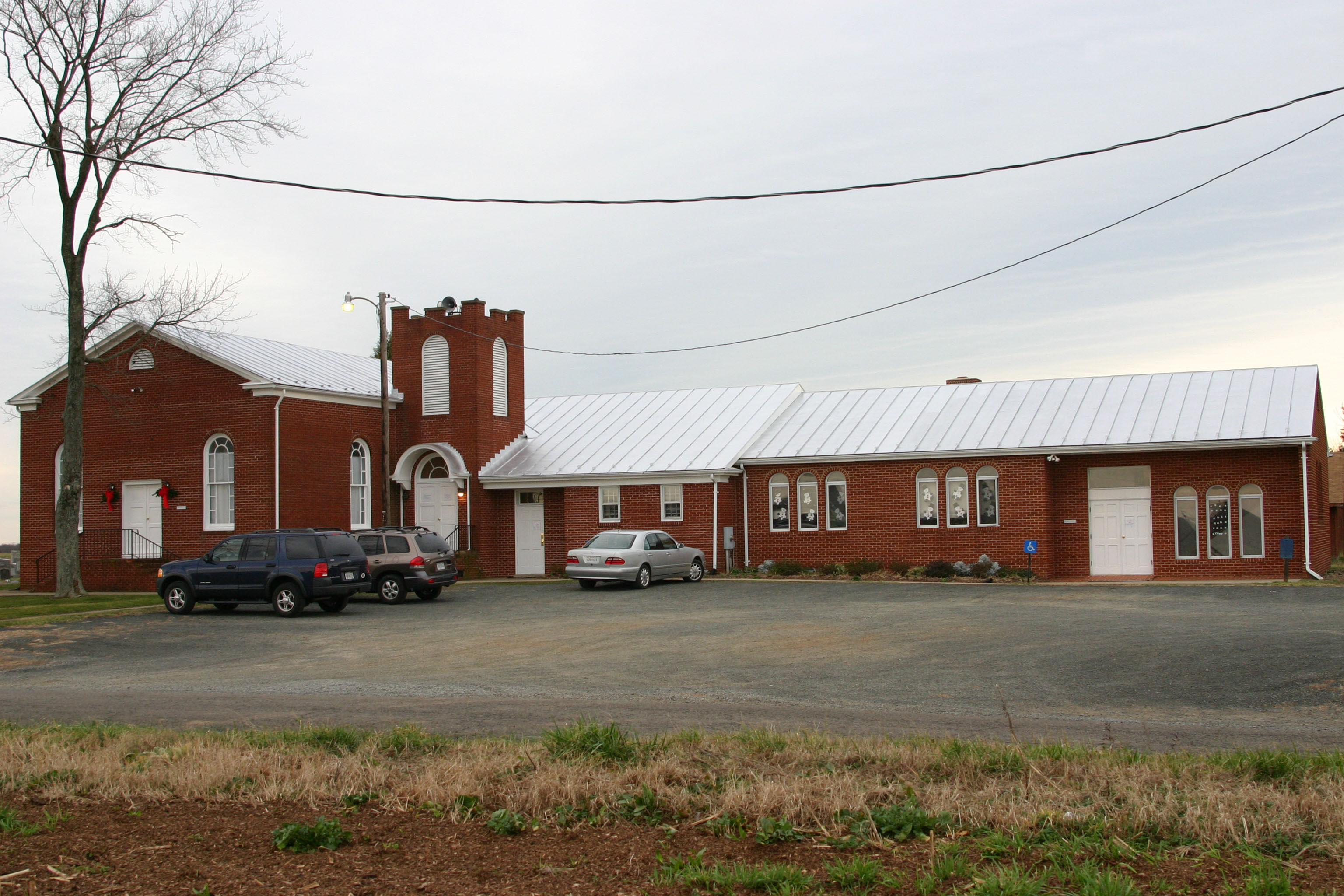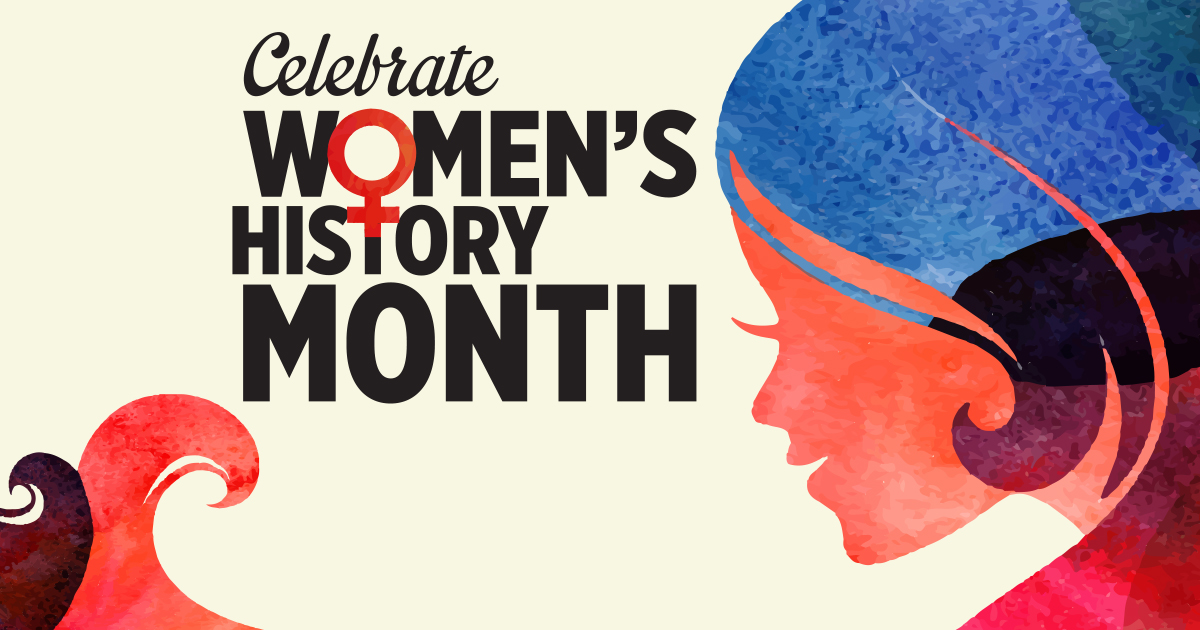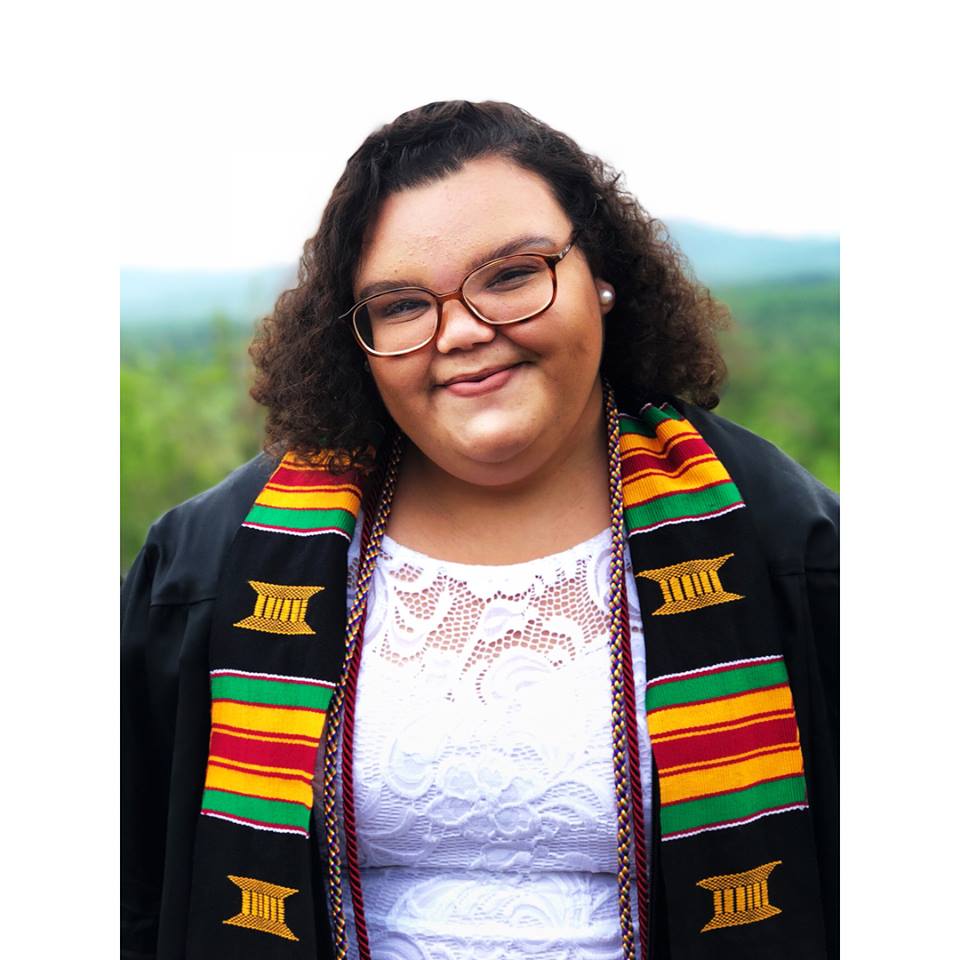This post is part of a five-part series.
CP: Introduce yourself. Location. Current Congregation. (If not currently at a Brethren congregation, where do you worship now? What is your “home” CoB?) Occupation. Age. Did you know March is Women’s History Month? Either way, what does Women’s History Month mean to you? How do you understand your identity as a minister (priesthood of all believers)?
 AP: Hello! My name is Alyssa Parker. I am currently living in Virginia but am soon moving to Harrisburg, PA with BVS! I am currently a member of Midland Church of the Brethren. I graduated last May from Bridgewater College studying sociology and Culture studies, as well as interning with On Earth Peace as a Racial Justice Organizer for the past year! Now I am moving onto BVS and continuing with work supporting the Church of the Brethren denomination all while being a normal 22-year old young adult! I did not know March was Women’s History Month, I mean, I know it existed, just was not sure about the exact month. For me, Women’s History Month is a month to celebrate all that women do. It is for all the women that broke through glass deleting some and were clinging to the roles society reassigned for them. More importantly for me, it is a time to discuss the work of not only women but particularly women of color. They have to face twice the hurdles and are generally always last to the table if they are there at all. I love thinking about celebrating the progress we have made and the important moves we are making, while not forgetting we still have work to do! As a young woman of color in the church, I think traditional beliefs in the church have historically not fully included and or integrated women. It is something I am so excited to be seeing more and more in the Church of the Brethren! Actually, I think many of the most influential people in my faith have been strong women in the church. It is exciting to notice that shift and feel like it is possible for me to be in that position one day.
AP: Hello! My name is Alyssa Parker. I am currently living in Virginia but am soon moving to Harrisburg, PA with BVS! I am currently a member of Midland Church of the Brethren. I graduated last May from Bridgewater College studying sociology and Culture studies, as well as interning with On Earth Peace as a Racial Justice Organizer for the past year! Now I am moving onto BVS and continuing with work supporting the Church of the Brethren denomination all while being a normal 22-year old young adult! I did not know March was Women’s History Month, I mean, I know it existed, just was not sure about the exact month. For me, Women’s History Month is a month to celebrate all that women do. It is for all the women that broke through glass deleting some and were clinging to the roles society reassigned for them. More importantly for me, it is a time to discuss the work of not only women but particularly women of color. They have to face twice the hurdles and are generally always last to the table if they are there at all. I love thinking about celebrating the progress we have made and the important moves we are making, while not forgetting we still have work to do! As a young woman of color in the church, I think traditional beliefs in the church have historically not fully included and or integrated women. It is something I am so excited to be seeing more and more in the Church of the Brethren! Actually, I think many of the most influential people in my faith have been strong women in the church. It is exciting to notice that shift and feel like it is possible for me to be in that position one day.
CP: Is it odd to identify with a group whose name is decidedly male-sounding? In what ways does it matter? In what ways does it not?
AP: You know, it’s funny because I never thought of it sounding male. I mean, it sounds like brother, but growing up when I think of Brethren, I think of community no matter the circumstance. So I guess it is not odd, or maybe I just do not think much about the word itself in other contexts. I am aware that words matter, but in this case, I guess I am ignorant to the fact of the male roots of the term in our history.
CP: What opportunities does being a Brethren woman provide you? Are there ways it restricts you?
AP: I think being a woman of faith, in general, tends to put women into this box that labels us as submissive and willing to put ourselves second. But I rarely think about that, I think about the values I have learned as a Brethren woman through my journey as well as from other Brethren women. I remember talking to my mom and my grandmother about the changing dynamic of the church, specifically our congregation (check out my podcast of it on DunkerPunks!), and she was talking about the strict gender roles that had to be followed. Then my mom remembered slight instances of gender norms and difference, but when I discussed my experience, I noticed I had been surrounded by influential women in the church. It provides me with a sense of home and leadership that seems attainable for me.
CP: Name a woman, Brethren or otherwise, who has inspired you and encouraged your spiritual growth.
AP: It is hard to pick only one. Regina Holmes and her mother Shirley have been strong faithful women in my life that have guided me spiritually through advice and teaching. I have known them since I was really little and they have always been my guides. My grandmother Sandra Heflin and my mother Jennifer Utz are also two incredibly strong women who had led me through life reminding me of the importance of my relationship with God. More recently, Gimbiya Kettering has been instrumental in taking my spiritual journey to new heights by connecting me with people and places where I would pursue my goals of working in the Brethren church. She really has been a major force in my most recent spiritual journey.
CP: How can our denomination better encourage the gifts of women?
AP: I think just continuing to listen to women, especially women of color in our denomination, is a major part of serving our denomination.

CP: How do you sustain yourself in the midst of those who might discredit or not listen to your voice because you are a woman?
AP: I remind myself of the other women who stood strong in adversity. I know there are people who may discredit me because I am a woman, but I remember my worth and remind myself that there are people who will listen to me.
CP: How do you encourage or build up other women? What are ways that we can intentionally mentor and call young women into ministry?
AP: I think sharing fellowship with other women in and outside the ministry is incredibly helpful. In terms of internationally mentor and call young women in ministry, I think it is important to talk about the topic at youth conferences and in youth group settings in congregations. I did not have that growing up. I still don’t see it now. I was never in Sunday school learning about the important women of the Bible or the Brethren tradition. I think that would say a lot about our denomination if it was showing young women that have an important role to play in the church.
CP: How do you lovingly respond to prejudice in and outside the Church?
AP: I genuinely do not know. If I have experienced prejudice in or outside the church, I do not recall how I responded, unless it includes politely reminding people that not all women of faith want to stay at home with the kids and get married. I have also had conversations with people regarding women of color and their role in the Church as well as outside the Church and I have found that speaking with love in your tone and care, there is positive change in people’s minds.
CP: How do you set boundaries with physical touch with men (or others if applicable)?
AP: I usually stay a good foot away at all times, unless hugging and make sure to make it know I want out if it lasts a little too long. Sometimes, it gets too uncomfortable and I had to confide in another woman in the church to address it. It is something I am not great at, but I am working on.
CP: You shared some demographic info in question one. Where does your sex or gender identity fit into the broader picture of who you are? Of your many identities, is being a woman primary? Why or why not?

AP: This reminds me of a really good spoken word by Kai Davis, “Ain’t I A Woman”. She discusses the intersection of being both a woman and a person of color. It is not something that comes before the other, but two identities that weave together to create us. It is kind of the same concept. I think my identity of a young, biracial, woman all work together to create my existence and the way I experience life. So no, I would not say being a woman is not primary in my identity, but equal to the rest of my identities that make me who I am.

